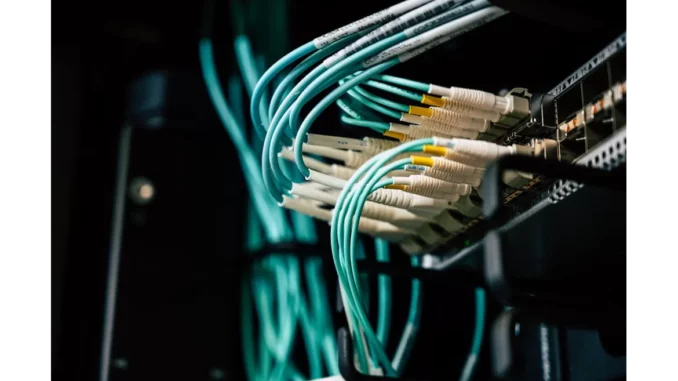
When Oliver Grant, an IT consultant with almost two decades of experience, sat down for a cup of coffee, he was eager to share insights from his professional journey. As a seasoned expert who’s seen the tech world evolve from cumbersome desktop towers to sleek, cloud-based solutions, Oliver has a unique perspective on the changing landscape of data storage. His most recent recommendation for anyone considering a storage upgrade? Look into a Synology or QNAP machine.
Oliver’s affinity for these network-attached storage (NAS) solutions stems from both personal experience and professional necessity. “When you’re dealing with anything from family photos to business-critical data, the importance of reliable storage cannot be overstated,” he began, his tone reflecting both his passion and his pragmatism.
Oliver explained that many people, especially those not working with particularly sensitive or critical workloads, often overestimate their storage needs. “I’ve seen clients who think they need the latest NVMe SSDs for their home setups, but unless you’re running intensive applications that require blazing-fast read/write speeds, it’s likely overkill,” he said with a slight chuckle. “The truth is, for most users, a NAS setup will provide more than enough speed and versatility.”
The conversation naturally flowed to the topic of data transfer speeds, a common point of confusion for many. “People often think they need 10Gb Ethernet to realise the full potential of their storage solutions,” Oliver noted. “While it’s true that faster is better, for the average home or small business user, a standard 1Gb network is sufficient. Unless you’ve already invested in a 10Gb infrastructure, it’s not a dealbreaker.”
Oliver’s advocacy for NAS devices like Synology and QNAP is based on their versatility and user-friendly interfaces. “These systems are designed to make life easier. They offer a variety of applications right out of the box, from media servers to backup solutions,” he explained. “And the community support is phenomenal. You can find forums and user groups online that are more than willing to help troubleshoot or suggest optimisations.”
But what about security, I asked, considering the increasing frequency of cyber threats? Oliver’s response was reassuring. “Security is built into the core of these systems. Both Synology and QNAP have regular updates to ensure vulnerabilities are patched,” he said. “Plus, they offer robust options for encrypting your data and setting up user permissions to control access.”
Oliver also emphasised the importance of considering future needs. “A NAS is more than just a storage device; it’s an investment in your digital future,” he remarked. “As your data grows, you can easily expand your storage without having to overhaul your entire setup. It’s a scalable solution.”
For those hesitant to make the switch, Oliver shared a bit of advice. “Don’t be overwhelmed by the tech jargon. Start by evaluating what you really need. If you’re not sure, there are plenty of resources available to help you understand the basics,” he advised. “And remember, technology should serve you, not the other way around.”
Reflecting on his own setup at home, Oliver admitted that even he was initially sceptical about the shift from traditional drives to a NAS. “I was hesitant, but once I made the transition, I couldn’t imagine going back. The convenience of accessing my data from anywhere, the peace of mind knowing it’s backed up securely—it’s invaluable,” he said, nodding thoughtfully.
Before wrapping up our chat, I asked Oliver if there were any final thoughts he’d like to share with those considering a storage solution upgrade. “Don’t rush the decision. Take your time to research and understand what each option offers,” he advised. “And if you’re still unsure, consult with someone who can guide you based on your specific needs.”
As we finished our coffee, it was clear that Oliver’s insights were not just technical advice but also a reminder of the importance of making informed decisions in a rapidly evolving digital world. His blend of expertise and practical wisdom offered a refreshing perspective on data storage—one that’s sure to resonate with anyone navigating the complexities of modern technology.
Fallon Foss

